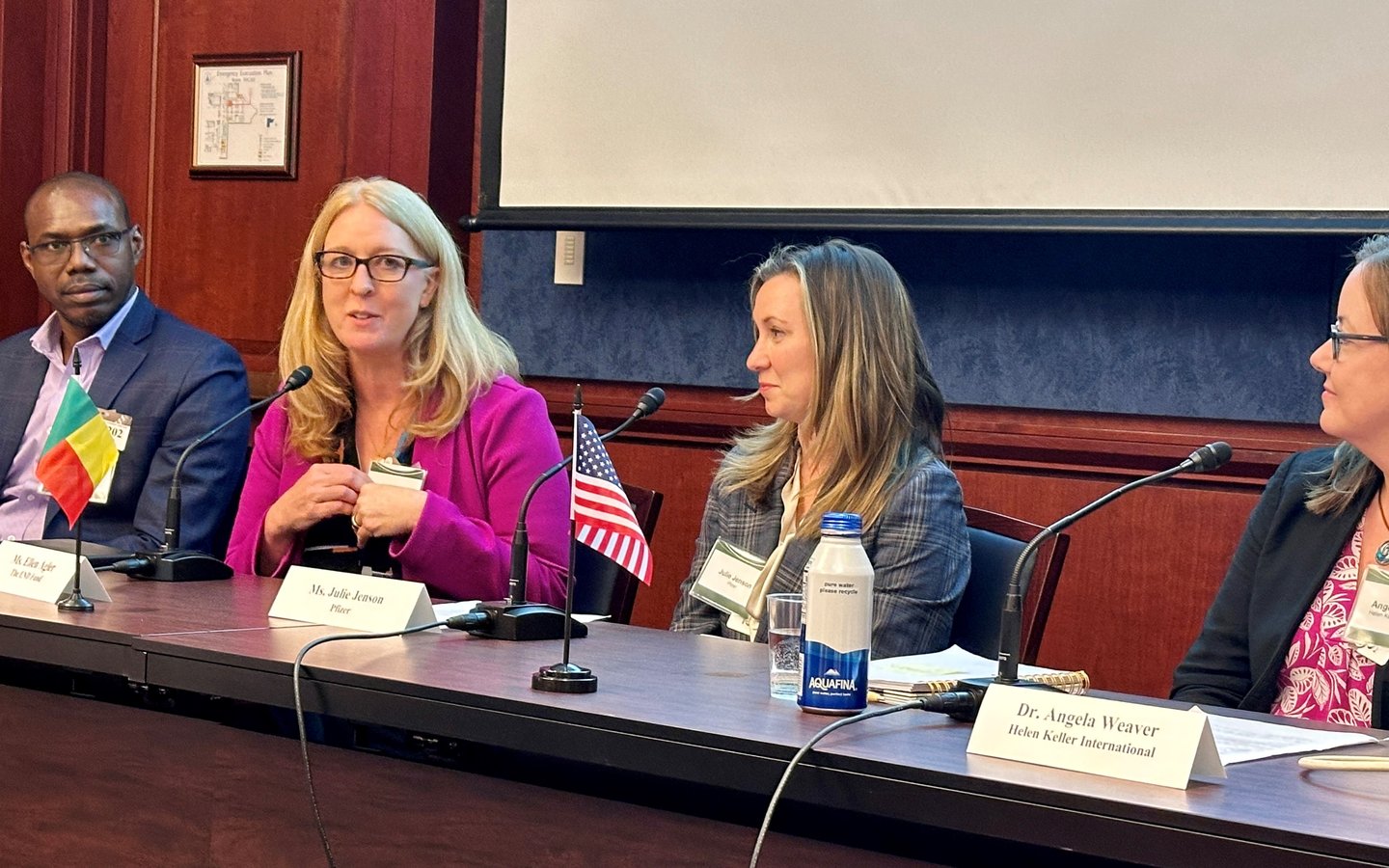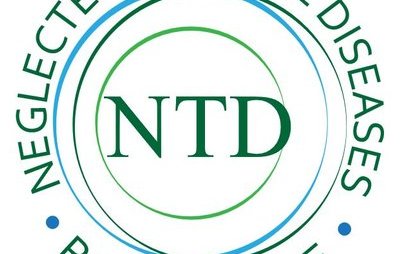The NTD Roundtable tell us about a recent event held on Capitol Hill, celebrating neglected tropical disease eliminations in Bangladesh, Benin, and Mali.
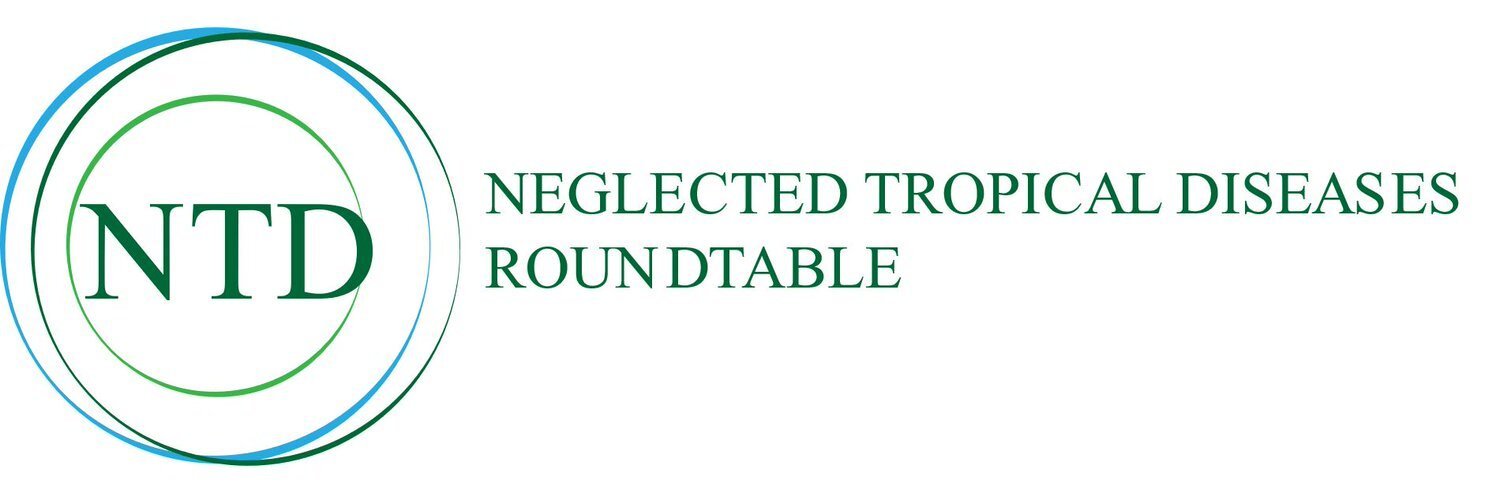
On Tuesday October 24, 2023, congressional staff and the neglected tropical disease (NTD) community gathered on Capitol Hill to recognize the recent ground-breaking elimination of NTDs as a public health problem by Bangladesh, Benin, and Mali - three United States Agency for International Development (USAID)-supported countries.
In May 2023, the World Health Organization (WHO) validated Bangladesh for eliminating lymphatic filariasis (LF), also known as elephantiasis, as a public health problem and Benin and Mali for eliminating trachoma, the leading infectious cause of blindness worldwide. USAID has provided robust assistance to Bangladesh's Ministry of Health since 2009 in the fight against LF and worked alongside Benin and Mali to eliminate trachoma since 2013 and 2006, respectively.
-
Bangladesh became the 18th country in the world to eliminate lymphatic filariasis.
The hard-fought elimination of LF means 40 million people in the country will no longer need to live in fear of the disabling disease.
What was discussed?
We were delighted to see nearly 60 people attending the briefing, including congressional staff, representatives from USAID, and key stakeholders in the NTD and global health community.
Catalytic investment
The program kicked off with remarks from Ms. Lisa Rotondo, Senior Director, Malaria and Neglected Tropical Diseases, RTI International, who reflected on the “small, yet catalytic investment” from the U.S. Government to launch the USAID NTD Program in 2006 and how a coordinated global effort led by the Ministries of Health of affected countries, with unprecedented support from bilateral donors such as USAID, pharmaceutical companies, philanthropic donors, and various non-profit organizations and implementing partners, has made NTD elimination possible.
The power of partnership
Dr. Atul Gawande, Assistant Administrator for Global Health, USAID, reflected on the progress of the USAID NTD Program and how the Agency has supported more than 30 countries to combat NTDs. He emphasized the importance of NTD control and elimination strategies that focus on basic, community-based approaches and underscored how partnerships with the pharmaceutical sector, as well as other technical and implementing partners, have been integral to the global fight to end NTDs.
Specifically, Dr. Gawande shared how every dollar invested by the U.S. government leverages $26 in donated pharmaceuticals. With the support of USAID, Dr. Gawande shared that there are another 15 countries on track to eliminate an NTD within the next five years. He said:
“The ability to eliminate a disease is an extraordinary thing. It’s one of the greatest things humans can do.”
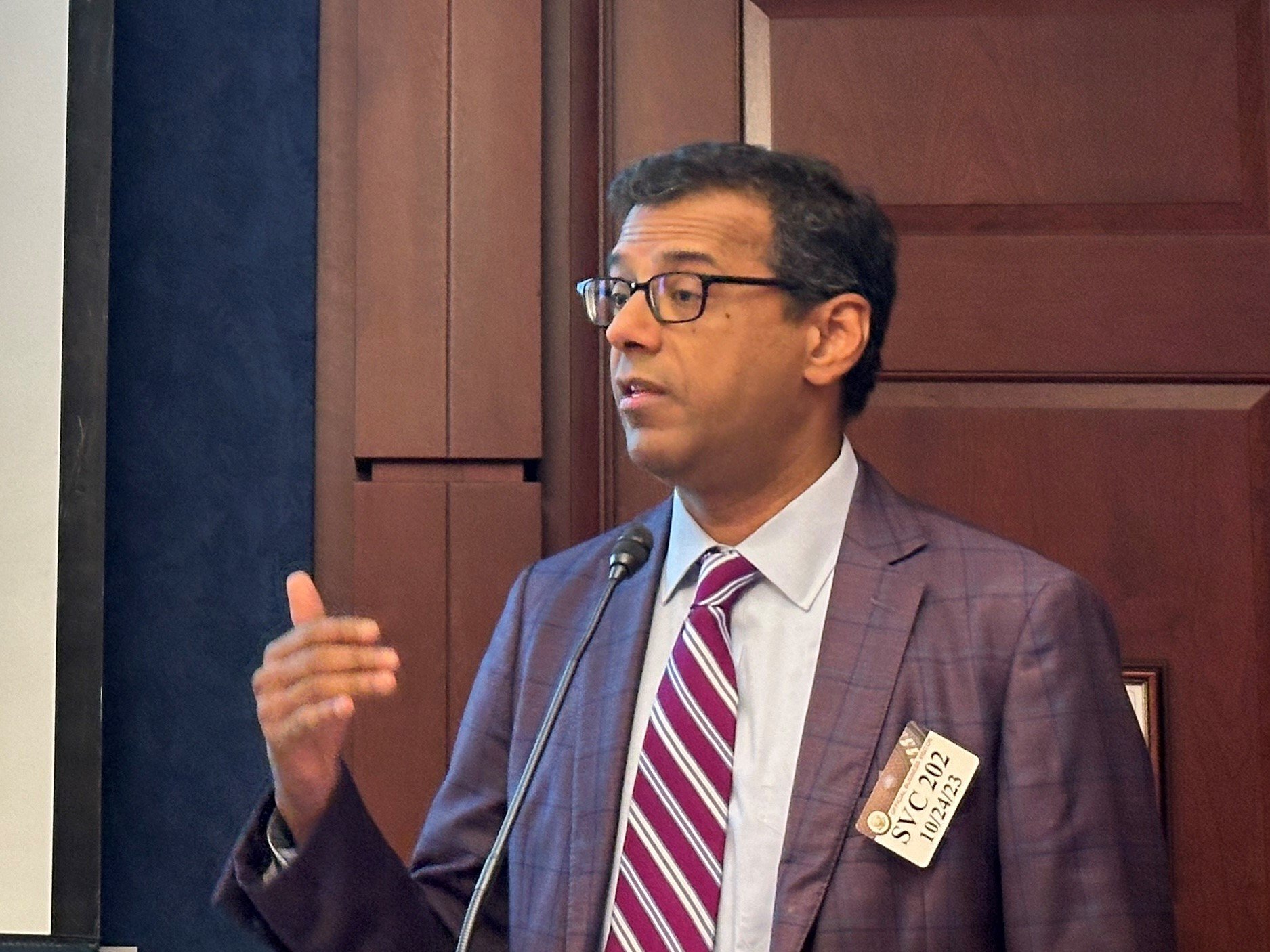
The program then moved to a panel discussion–“From Hope to Reality” –moderated by Dr. Angela Weaver, Vice President, Neglected Tropical Diseases, Helen Keller International that focused on the crucial role of partnerships in NTD elimination. Panelists included Ms. Ellen Agler, CEO, The END Fund; Dr. Benoit Dembele, Regional Technical Advisor (Supporting the Mali Program), Neglected Tropical Diseases, Helen Keller International; and Ms. Julie Jenson Director, International Product Donations, Pfizer.
-
Benin and Mali became the 16th and 17th countries in the world to eliminate trachoma.
Globally, trachoma elimination efforts have resulted in a 92% reduction in the number of people needing mass drug administration from 2002-2023.
Success as motivation
Speaking on Mali’s elimination of trachoma, Dr. Dembele (Helen Keller International) shared personal stories from individuals and communities in Mali that had been impacted by the devastating disease.
He described how farmers explained how it was previously impossible to perform farm activities due to “terrible eye itches,” caused by trachoma, and how treatment for trachoma has allowed farmers to resume their work and provide food to their families. He said:
“Sight is life. We need to celebrate this success and use it as motivation.”
Ms. Agler (The END Fund) described the indispensable partnership of the U.S. government and how this coordination has allowed private philanthropy to strategically target investments toward NTD efforts of greatest need. She said:
“In a time of so much despair, this feels like something we can solve. Giving people the chance to lead their own lives and be productive in their communities is what NTD elimination is all about—and this will be felt for generations to come.”
Financial support for elimination
Ms. Julie Jenson Director (Pfizer) highlighted the lifesaving impact of the partnership between several major pharmaceutical partners and the USAID NTD program.
For example, in Benin, USAID supported the Ministry of Health from the start of its trachoma elimination efforts, helping determine where the disease existed, where treatment was needed, and scaling up treatment with donated Zithromax. She said:
“Without the financial and technical support of the U.S. government, we would not have nearly the impact we are having today on disease elimination."
The program concluded by formally congratulating the governments of Bangladesh, Benin, and Mali on their tremendous public health successes and demonstrating that NTD elimination is possible.
As a sign of this progress, Ms. Lisa Rotondo (RTI International) presented three letters signed by the WHO validating their respective NTD elimination successes. Shamima Yeasmin Smrite, representing the Bangladesh Ambassador to the United States His Excellency Ambassador Muhammad Imran, was present for the event and recognized. Ambassador Sekou Berth and Ambassador Jean-Claude do Rego were invited on behalf of Mali and Benin, respectively, but unfortunately were unable to attend the program.
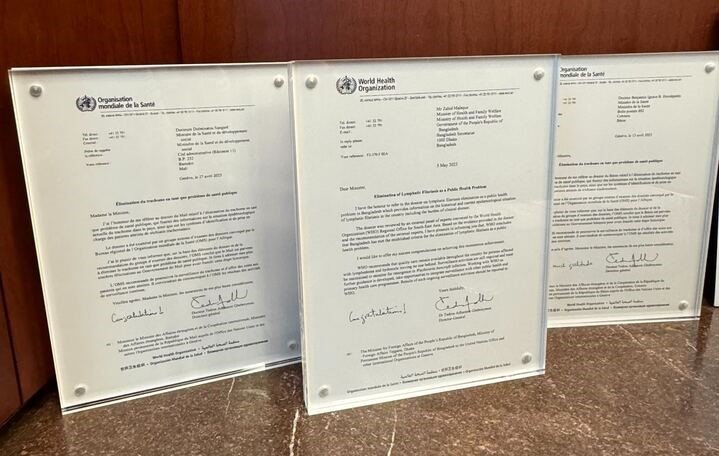
Overall, the event underscored the collective efforts of countries and citizens, the U.S. government, and local and global partners in achieving NTD elimination. We hope to see continued action by the U.S. government and other key partners to support NTD control and elimination efforts worldwide as we stand 100% committed to beat NTDs.
Thank you to the briefing co-sponsors Uniting to Combat Neglected Tropical Diseases, American Society of Tropical Medicine & Hygiene (ASTMH), The END Fund, the Fred Hollows Foundation, Helen Keller International, RTI International, and The Task Force for Global Health.
